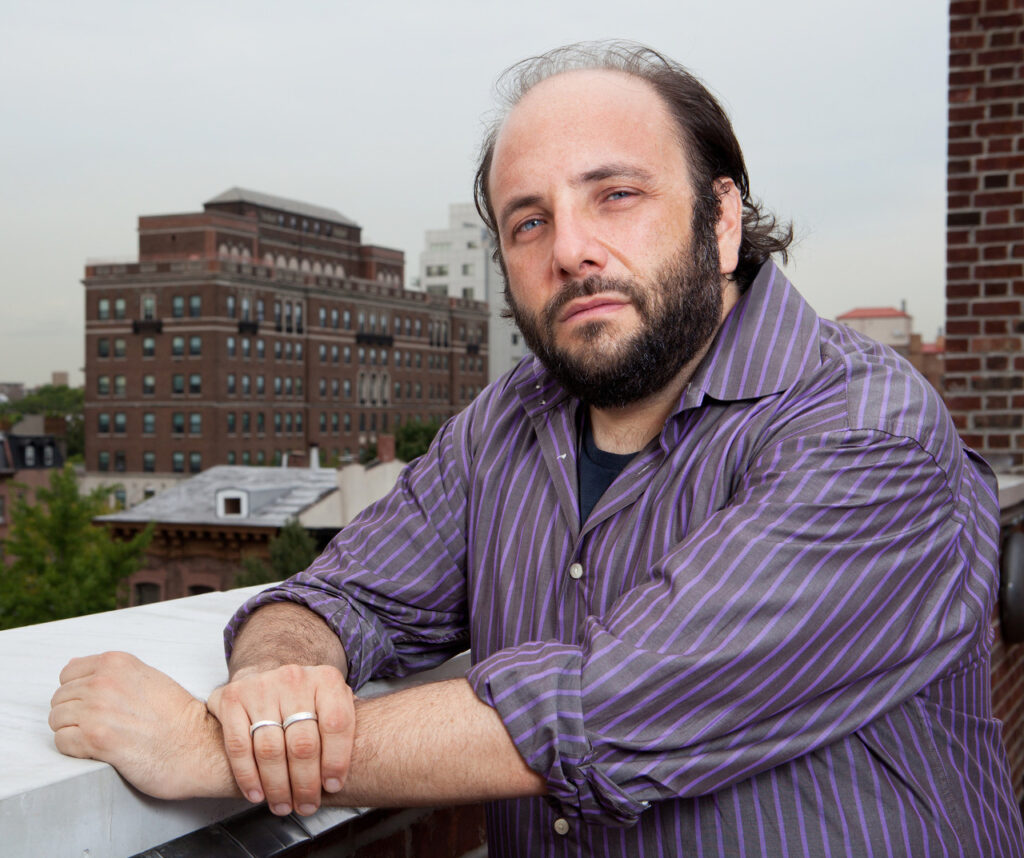Daniel Felsenfeld will compose a new work for 2025, based on an unpublished Anthony Burgess poem.

The American composer Daniel Felsenfeld (b. 1970) has been invited to create a new work for Soprano and Chamber Ensemble, based on a poem by Anthony Burgess (1917-1993).
Commissioned by the International Anthony Burgess Foundation, the piece will be performed in Manchester (UK) and New York in 2025.
Burgess’s poem, titled Sonata in H, was written in the early 1950s to commemorate the destruction of Hiroshima in 1945. The performance of Felsenfeld’s work will mark the 80th anniversary of the Hiroshima bomb.
The poem, discovered in the Burgess archive, will be published as a pamphlet in 2025, to coincide with two performances in Manchester and New York.
Felsenfeld, who teaches Composition at the Juilliard School in New York, has been named as a Liana Burgess Fellow for 2024-2025. The fellowship remembers the late Liana Burgess (1929-2007), who set up the Anthony Burgess Foundation as an educational charity in 2003.
Andrew Biswell, director of the Burgess Foundation, said: ‘We are delighted that Daniel Felsenfeld has agreed to work with the Foundation to create a significant new work. Sonata in H is a long poem, and the resulting composition will a be substantial one. In his lifetime, Anthony Burgess often composed settings of his own poems, and no doubt he would have approved of a project which continues that work.’
Daniel Felsenfeld commented: ‘I have been a dedicated Burgessian since I encountered his wild book about Shakespeare, Nothing Like the Sun. Since then I have read every published word, some an excessive number of times, and could not be more honored to be working directly with the Burgess Foundation to breathe some musical life into this astonishing find of a poem. Grateful to Andrew Biswell for the opportunity to work with a text of this most capacious, most maddeningly polyglot, most erudite and most observantly funny (or what goes by the word “profound”) of writers.’



